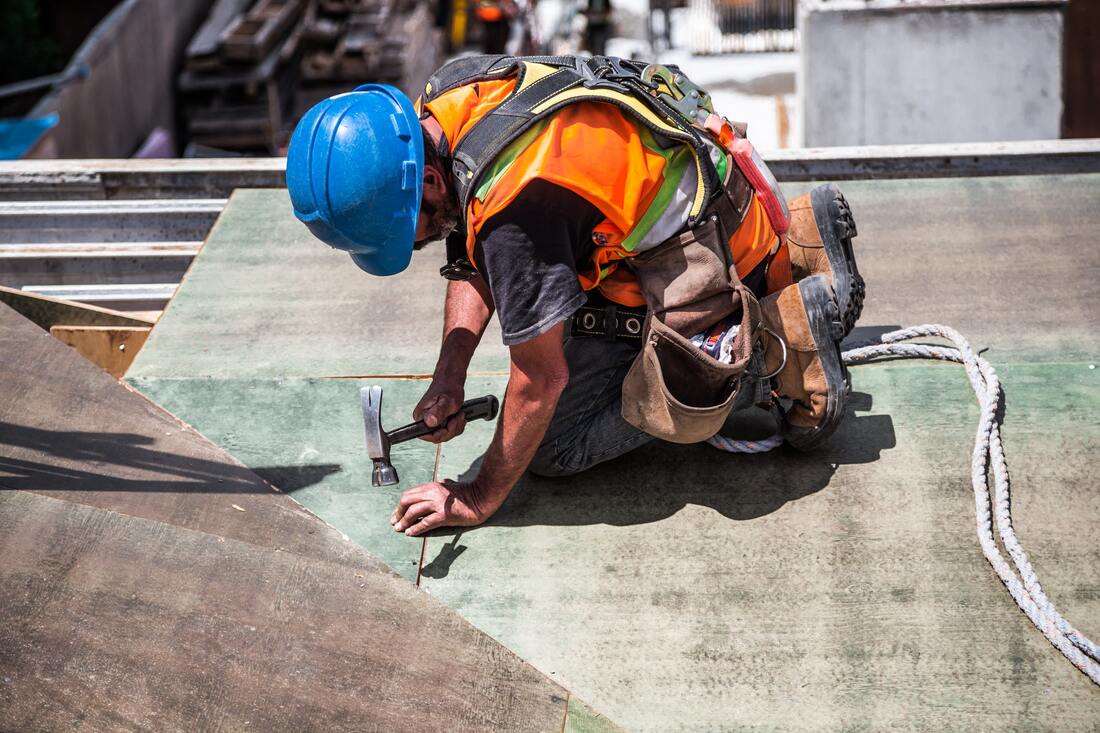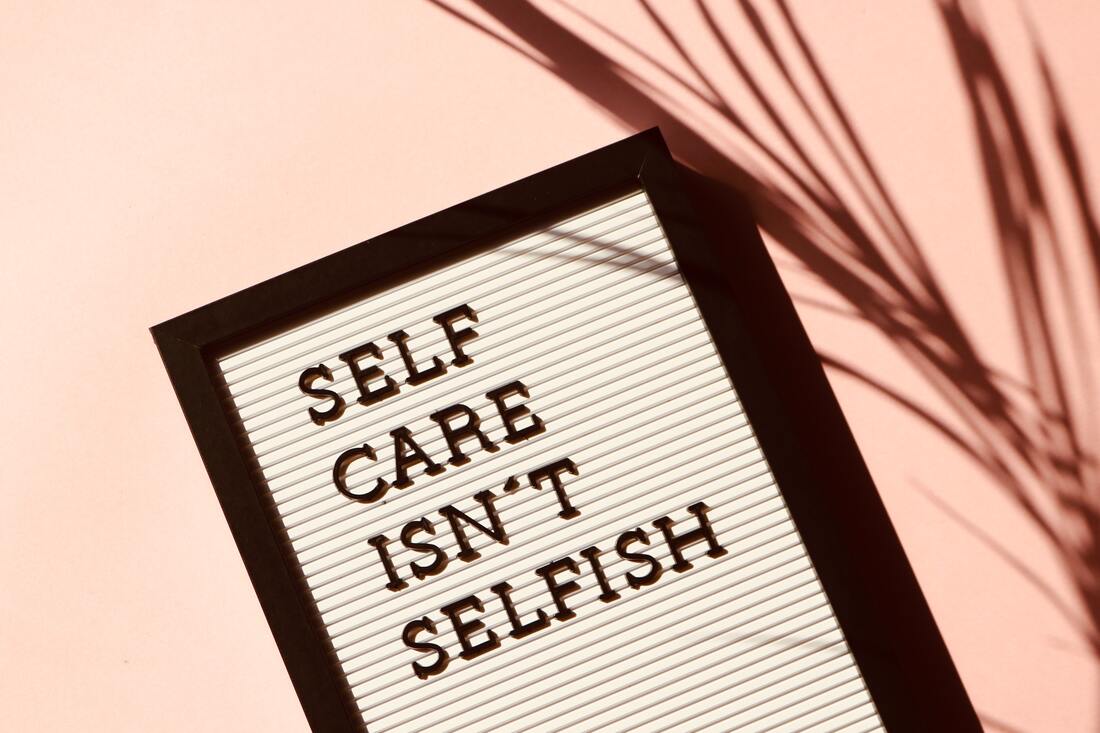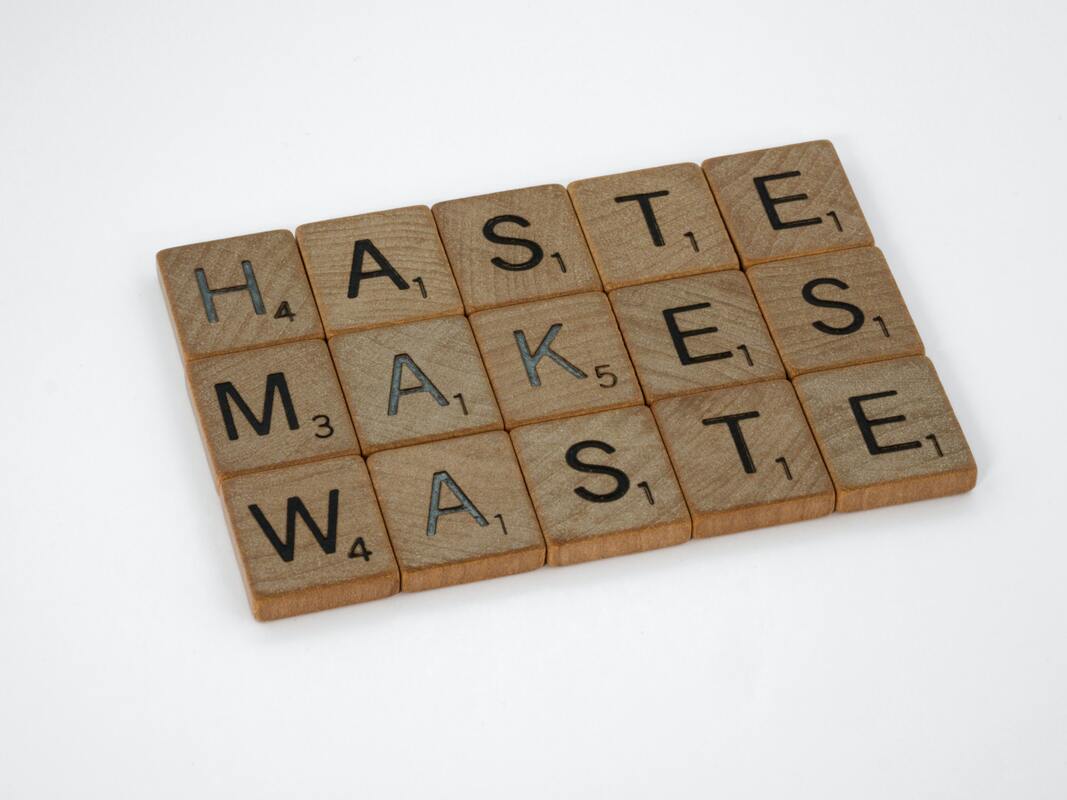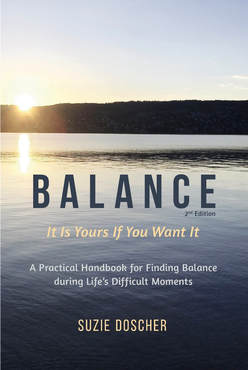|
The stress response begins in the brain. However, this stimulates a whole bodily response, and an international collaboration has now uncovered the mechanisms of how chronic stress impacts the brain to change neuronal responses that can lead to symptoms such as social withdrawal - which in turn can be a major contributor to developing mental illness. Flurin Cathomas of the University of Zurich, here in Switzerland, and research colleagues showed that an enzyme released during stress impacts brain function. "We were able to show that stress increases the amount of the matrix metalloproteinase-8 (MMP-8), an enzyme in the blood of mice. The same changes were found in patients with depression," This research, in mice notabene, leads to behavioral changes: they withdraw and avoid social contact such as is common in depression. That sounds a good thing but what is an everyday pleasure?
In this study the researchers investigated the relationship between simple pleasures and brain activity. Specifically drinking coffee, listening to music, and smelling perfume. Coffee and music for me - not so sure about the perfume though Participants could choose what they wanted according to their preferences - that’s important - it needs to be a personalised pleasure…of course. I’m with you on coffee and music also - but then again remember my article on the positive impacts of aroma exposure during sleep a few days ago? How did they measure this? Well, this is actually very innovative but we also need to be careful of marketing hype here as this was sponsored by MINDWATCH. They have developed algorithms over the years that can measure brain states based on skin conductance. That is your skin responds very quickly to your current state and this can me measured using a sensor. This is much less invasive than measuring brain wave activity. In this experiment they used skin conductance bands and a device to measure some brain activity also. And so what was the outcome? Participants conducted memory tests shortly after being exposed to these stimulants and their performance increase and this could be measured in the brain - an increase in beta band brain waves (associated with concentration and cognitive performance) - and skin conductance results. Music seems to be the most potent followed by coffee and then the perfume. Don’t we know this already? Actually yes. We know music can positively stimulate brain activity and is also considered a performance enhancing tool by World Athletics (and as such is not allowed directly before competition!). Similarly, there is a lot of research on coffee and its positive benefits. But participants in this could choose their preferred option. Also of interest is that there were three types of music to choose from and unsurprisingly the energetic was more effective than the relaxing one - but, and here is the surprise, they included an AI generated piece of music and this was the most effective! And what now? Well, this shows that those small pleasures can positively impact brain performance - this is why they are a small pleasure - a little bit of what you fancy does you good as they say - and this is not all in the mind. Your brain and cognitive performance will thank you. And what about all three simultaneously? That’s what I’m doing as I write this - feels good enough to me! by ANDY HAYMAKER Photo credit: Pexels Research: Hamid Fekri Azgomi, Luciano R. F. Branco, Md. Rafiul Amin, Saman Khazaei, Rose T. Faghih. Regulation of brain cognitive states through auditory, gustatory, and olfactory stimulation with wearable monitoring. Scientific Reports, 2023; 13 (1) Constant Interruptions, Disturbances, Noise - How They Can Rob You of Your Focus (and Motivation)23/4/2023
They are building all around me. This week even with a jackhammer below me. It is unbearably noisy. This noise totally robs me of my focus and consequently motivation.
So, I am now sitting in a quiet restaurant right by the lake writing this. :) Hotel lobbies seem to be my place for creative thoughts. Nothing against the builders or the need to repair / renovate something in the building. That is life and we need to do maintenance on buildings, as much as we need maintenance in the form of self-care. My struggle this morning is the level of noise. It makes me realize how much noise makes focussing difficult for me. I intended to attempt my morning brain training before I started work but found the sound of the drills and jackhammer below me disrupting. In fact so disrupting that I left the house and retreated to this lakeside location. No matter how much I encouraged myself I could handle it - the truth is I could not. The first and most important step is to realize and truly acknowledge that unless you take care of yourself nobody else can or will. When I say, “truly acknowledge”, I mean that you have accepted the following:
These are a few examples, expressed in simple terms: You have taken charge of your life, know your Values and maintain your Personal Power. You can live your life … it does not have to be living you! As an independent adult you have become the “director” of your life. If you are feeling stressed, one of the simplest yet most effective ways to reduce the tension is to spend some time doing something that involves your senses. Look out of the window, take a walk, listen to music, sing, do something creative, draw, bake, cook, garden, pot a plant, take a bath and light some candles, buy some flowers, look at nature, or revisit a long forgotten hobby – to name just a few options. Taking a few breaths does not take a long time, but does 'break the energy of the stressful / challenging moment. Once the energy is broken you can think more clearly to deal with the issue. Whenever possible take a break from technology, even if only for one hour. If that is not possible, try 10 minutes during which you turn off your computer, your phone, TV, etc. If you cannot go outside, then look out of the window at the sky. Regardless of the weather, the sky can be inspiring and energizing. Here are some helpful suggestions to ask yourself:
by Suzie Doscher, Professional Executive Coach focusing on Self-Development, Self-help Author since 2014. 3 Editions (2014, 2018, 2022) of BALANCE - A Practical Handbook for Life's Difficult Moments. Photo credit: Pexels Contact Suzie for a chat on how she can help support you.When you walk, your brain synapses fire in different ways Great minds literally think on their feet. Many of history’s famous philosophers, artists, scientists, writers, and creators valued value walking as much as they valued productive work.
Aristotle, Charles Dickens, Henry David Thoreau, Virginia Woolf, Albert Einstein, Friedrich Nietzsche and many others made time for long walks. They used long walks for contemplation, reflection and problem-solving. They found walking helped them think better, ponder over ideas and get more done once they got back to writing, creating, designing or composing. “The moment my legs begin to move, my thoughts begin to flow,” Henry David Thoreau, a philosopher, poet, and environmental scientist, once said. Aristotle used to conduct some of his lectures while walking on the school grounds. William Wordsworth once said walking was “indivisible” from the creative act of writing poetry. Charles Dickens used to walk for 20 miles after writing in the morning. 5 Simple ideas you can apply with ease — even if you're busy. When was the last time you sat still in silence and did nothing for a while?
A few hours ago? Yesterday? Last week? No idea? While we often try to squeeze more and more into our busy schedules, what really happens is that our need for speed leads to chaos. We end up feeling more stressed, less focused, less connected, and less productive. When we're under pressure, we often believe we need to hurry up and do more,while the real answer often lies in slowing down and sitting still. Each year, more and more people report that their lives have become busier and more stressful. And one of the biggest threats to our mental health is today's glorified "hustle culture" that makes so many people believe that their worth as a human being is defined by their level of productivity. But that's not true. Your value as a human being isn't defined by how much you work, achieve, or produce. You're worthy of love and a sense of accomplishment no matter what you do or "achieve." You don't need to do more or be more. Maybe you even need to slow down and do less. Lessons from Rebekah Taussig on honoring and celebrating our bodies.
Self-acceptance is essential to self-care and our overall well-being. If we can’t accept ourselves, our well-being is going to suffer, regardless of how diligent we are about any other physical and mental health practices. Still, even with all the progress we’ve made in recent years on body positivity and mental health, the radical act of accepting ourselves for who we are has never been more challenging. Our society surrounds us with images of what supposedly healthy and perfect bodies look like. And of course, much of that is fueled by social media, which, in study after study, has been shown to damage our body image and self-acceptance. So how can we learn to accept ourselves and show up for ourselves in a way that nurtures our well-being? To begin to answer this question, I had the privilege of talking with Rebekah Taussig on a recent episode of Deloitte’s “WorkWell” podcast. Rebekah is a writer, teacher, and advocate, whose popular Instagram feed, @sitting_pretty, is filled with what she calls “Mini memoirs.” I was thrilled to talk to her about her new book, Sitting Pretty: The View from My Ordinary Resilient Disabled Body, in which she chronicles her journey to self-acceptance with her trademark candor, humor, vulnerability, and authenticity. Rebekah has been disabled since she was 3, and got her first wheelchair at age 6. She had a fairly normal childhood, with her “resilience and scrappiness” keeping her from realizing how differently she was experiencing the world. When she got to graduate school, discovering disability studies gave her a way to begin to understand herself. “It felt like the physics of the universe were transforming in real time,” she told me. “It just changed everything for me about how I saw myself and my story and gave me language to explain things I’d never been able to express before.” Small things tell you a lot about a person In this article, we will talk about how to recognize subtly toxic people.
No one wants to waste time and energy around people who consistently behave in unhealthy ways and add negativity to our lives. Yet, many of us sometimes get stuck in toxic relationships that have a negative impact on our mental health and even on our self-confidence. The problem is some people may seem friendly, charming, respectful, and even emotionally mature, when we don’t know them enough. Some of their behaviors may seem inoffensive at first, while the reality is they are not, and they can actually damage relationships in the long-term. This is why it’s essential to learn to recognize these unhealthy habits. What follows are four behaviors of subtly toxic people: These are a sample of options you have when in need of some stress relief:
It is most import to ensure that any action you propose to take is in keeping with your personality and can be executed in a style that suits you. by Suzie Doscher, Executive and Life Coach, Self-Help Author Remind yourself that life is constantly changing,
|
'Control Freaks - Also Knowns as Micro-Managers' is an |
Dear Suzie,
Congratulations!
I am stopping by with exciting news.
Your book, Balance: A Practical Handbook and Workbook for Finding Balance during Life’s Difficult Moments appears in this month’s #AspireMag Top 10 Inspiring Books List along with 9 other visionary female authors.
This month’s Top 10 Inspirational Book List
Publisher Linda Joy embraces the feminine collaborative model and loves playing, partnering and working with visionary leaders who do the same. For over ten years, she has been supporting visionary female leaders and heart-centered entrepreneurs in getting their message and brand in front of the women they are meant to serve.
Congratulations!
I am stopping by with exciting news.
Your book, Balance: A Practical Handbook and Workbook for Finding Balance during Life’s Difficult Moments appears in this month’s #AspireMag Top 10 Inspiring Books List along with 9 other visionary female authors.
This month’s Top 10 Inspirational Book List
Publisher Linda Joy embraces the feminine collaborative model and loves playing, partnering and working with visionary leaders who do the same. For over ten years, she has been supporting visionary female leaders and heart-centered entrepreneurs in getting their message and brand in front of the women they are meant to serve.
"Thank You #Aspire Magazine
A lovely Holiday Season Surprise for me"
Suzie Doscher
http://www.aspiremag.net/top-10-inspirational-books-december-2018-2/
.by Nora Battelle
Dealing with a toxic coworker is a uniquely difficult situation: You probably don’t have the ability to cut off a relationship with that person, as you would a friend or romantic partner. That doesn’t mean, however, that you have to accept the status quo indefinitely. In fact, it’s crucial to find a healthy way to navigate a difficult working relationship. Left ignored, it can become perilous for you, your team and your company’s bottom line.
In a seminal book by psychologists Alan A. Cavaoila, Ph.D., and Neil J. Lavender, Ph.D., called Toxic Coworkers: How to Deal with Dysfunctional People on the Job: Working with Narcissists, Borderlines, Sociopaths, Schizoids and Others, the authors highlight a staggering stat that’ll make you feel less alone as you traverse this tricky terrain: Of the 1,100 employees the duo surveyed, 80 percent of them reported experiencing moderate to severe stress as the result of dealing with a toxic coworker, whether they were a boss or subordinate. And a Harvard School of Business survey of..
Dealing with a toxic coworker is a uniquely difficult situation: You probably don’t have the ability to cut off a relationship with that person, as you would a friend or romantic partner. That doesn’t mean, however, that you have to accept the status quo indefinitely. In fact, it’s crucial to find a healthy way to navigate a difficult working relationship. Left ignored, it can become perilous for you, your team and your company’s bottom line.
In a seminal book by psychologists Alan A. Cavaoila, Ph.D., and Neil J. Lavender, Ph.D., called Toxic Coworkers: How to Deal with Dysfunctional People on the Job: Working with Narcissists, Borderlines, Sociopaths, Schizoids and Others, the authors highlight a staggering stat that’ll make you feel less alone as you traverse this tricky terrain: Of the 1,100 employees the duo surveyed, 80 percent of them reported experiencing moderate to severe stress as the result of dealing with a toxic coworker, whether they were a boss or subordinate. And a Harvard School of Business survey of..
Suzie Doscher is a Professional Executive Coach focusing on Personal Development. Located in Zurich, Switzerland. Her approach to personal development is practical and successful.
Suzie is happiest when helping people.
Her vision is everyone should have access to techniques for personal growth and development. This was the motivation behind her book.
Suzie is happiest when helping people.
Her vision is everyone should have access to techniques for personal growth and development. This was the motivation behind her book.



















 RSS Feed
RSS Feed

